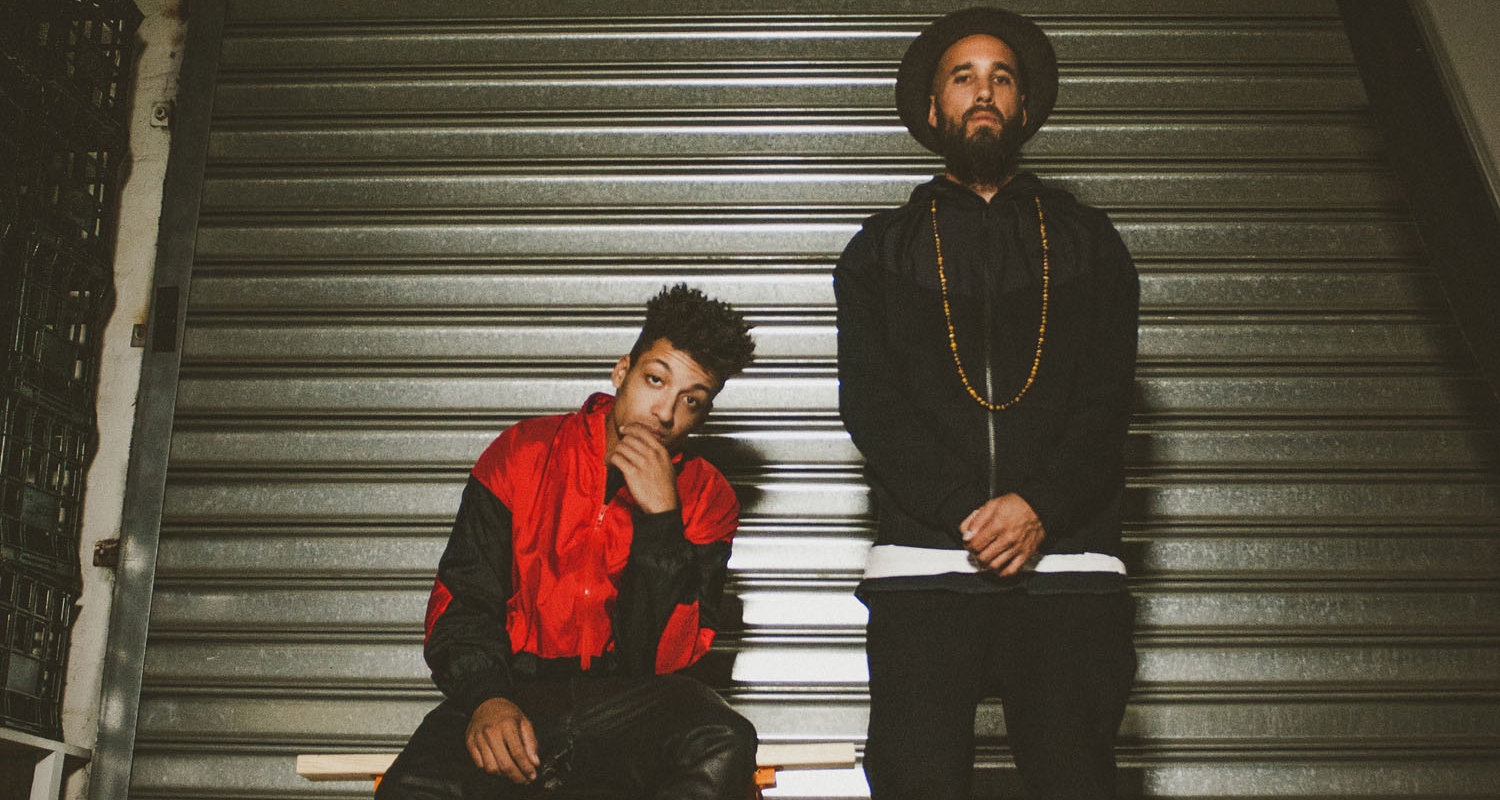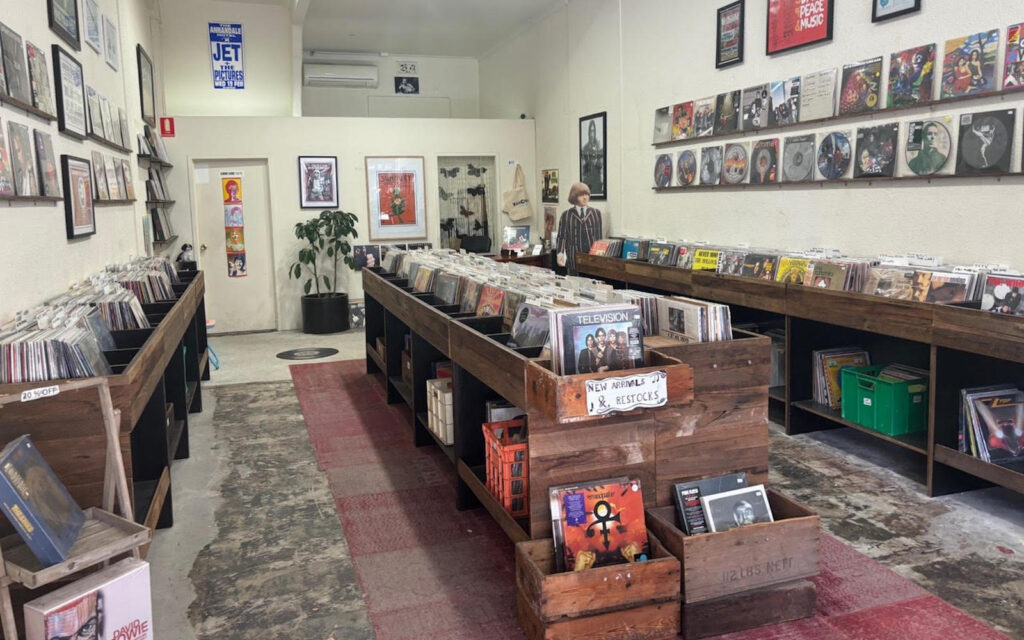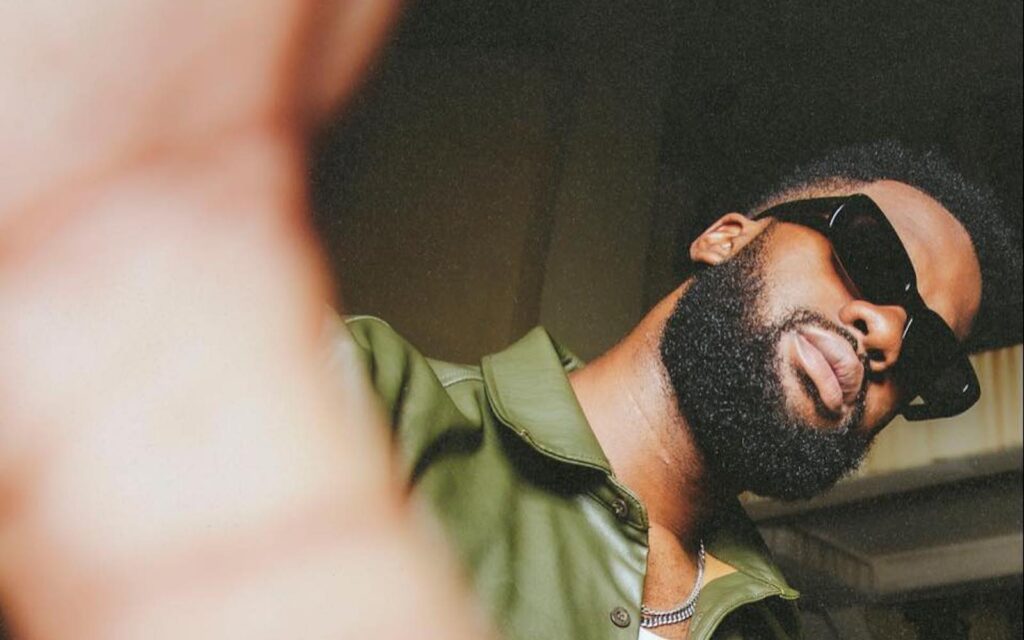The Melbourne-based duo are about to see out what has been a remarkably busy 2016 with a final national tour in support of the second album to bear the Remi name, Divas & Demons. The record has been one of the most rapturously received Australian albums in the entire calendar year, with critics praising Kolawole’s forthright, blunt depictions of lust, depression, addiction and racism. Of course, the Remi project has shifted into a two-way street of sorts, which begs the question as to how Smith initially reacted upon hearing the nature of Kolawole’s words.
“Sometimes, the way that we work involves Rem recording vocals over the top of some random beat that he likes and sending the demo back to me,” says Smith. “When I was getting those demos back for the first time, it really hit me that he was putting his soul out there. It made me want to step up myself – I wanted to match what he was doing in terms of the music that I was making.
“It takes a lot to be that honest. I had to make sure that I had beats that were emotional enough to carry Rem’s singing and his rapping. Any time that he wasn’t just coming up with stuff on the spot after hearing a beat, or he didn’t just take home one of my beats and write over it, that was the challenge.”
Naturally, Kolawole was facing challenges of his own – opening up about dark parts of his personal life, leaving no stone unturned as he delved further into the outer reaches of introspection. When it came to putting pen to paper for Divas & Demons, the end result was worth any moments of reticence or indecision. “As far as articulating my problems, there were times where it definitely got really hard to do,” Kolawole says.
“I think that’s the case with any issue in your life that you might come across. You have no reference point for new issues – it’s something you have to digest on your own. There were a lot of hazy nights when it came to writing this album.
“I’m a pretty stupid person. I don’t think I was really thinking about the consequences or anything like that when I was writing lyrics. I think I’ve always been real to the point of it being my detriment. Even so, I think the stuff that’s hard to say is the stuff you need to hear the most.”
One of the more interesting effects that Divas & Demons has had on listeners is to inspire a direct relation through empathy. Despite Kolawole writing from what he believed to be a singular standpoint, he’s been inundated with messages about how others have gone through the exact same things. “I’m genuinely surprised by it sometimes – it’s like, ‘Really? Thatwas your experience as well?’ ” he says. “As far as things like depression go, you can forget that it’s honestly so normal for people to feel this way. I’m glad that people have heard what I have to say and have connected with it on any level. It was a form of therapy for me, so if that’s what this album can be for others, then I’m extremely grateful.”
Both members of Remi have immigrant history in their lineage – Kolawole’s father is Nigerian, while Smith’s parents are originally from South Africa. The pair are representative of a greater focus in contemporary Australian hip hop on multiculturalism. Migrants and people of colour such as Tkay Maidza, L-Fresh The Lion, Sampa The Great and B Wise have been making a considerable impact on what has been a predominantly white genre for much of its time in the mainstream.
“It really shouldn’t come as a surprise – they’ve been a part of this the entire time,” he says. “Still, it’s getting more attention and more time in the media. It’s taking over festival bills. It’s so great to see. That representation has been in the hip hop demographic of Australia since the early ’90s – maybe even before. It seems to be getting the coverage that it deserves now.”
Although Divas & Demons arrived well into the second half of 2016, several tracks from the album have been in Remi’s live set all year. These include the funk-tinged collab with the aforementioned Sampa The Great, For Good, as well as the mantra-like Hate You and the open-book honesty of Substance Therapy.
“It’s been good to see things moving forward,” says Kolawole. “When you’re independent, trying to find your own place, it can be a slow trajectory sometimes. To have people almost instantly getting behind these songs and really getting into them when we’re playing them live – it’s been so great to see.”
By David James Young







